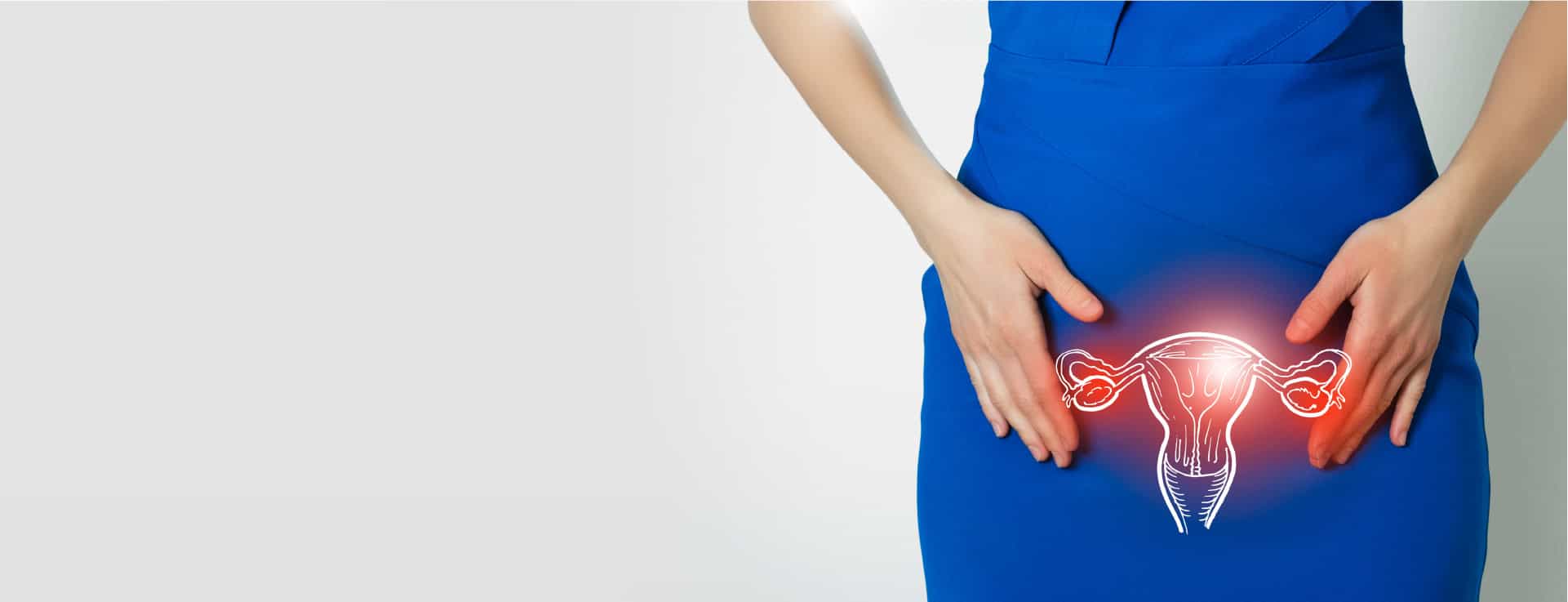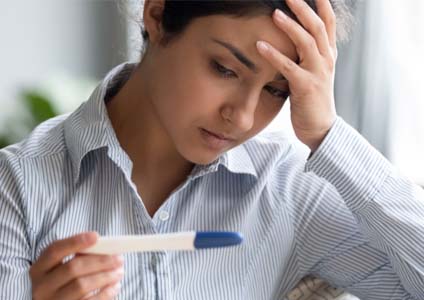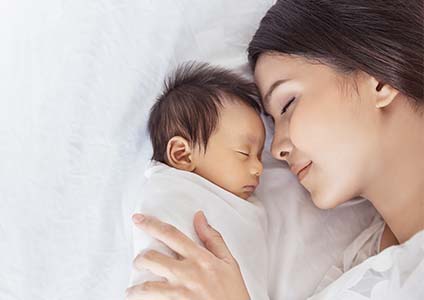Link between fertility and eating disorders
There is no second thought that any eating disorder can have a detrimental influence on a person’s physiology. All of the body’s central systems, including reproduction, are affected by physical disturbance. Women with a history of eating disorders may take more than a year to conceive and are more likely to need medical assistance.
While eating disorders are more commonly associated with women, males can also suffer from decreased fertility.
Addressing the relationship between eating disorders and infertility
Anorexia and bulimia may make it difficult for women to conceive. Caloric consumption has an impact on the reproductive system and brain. A person’s body weight will decrease when fewer calories are consumed. When a woman loses too much weight, it may affect her ovulation and monthly cycles. It is crystal clear that a woman cannot conceive without ovulation.
Types of eating disorders
The 2 most common eating disorders are anorexia nervosa and bulimia nervosa.
Anorexia nervosa
Anorexia nervosa is a disorder in which a person refuses to eat regularly and excessively restricts calories in order to reduce or maintain abnormally low body weight. An individual’s BMI determines the degree of anorexia. The BMI range for a healthy person is 18.5-24.9.
Some people with anorexia nervosa follow a strict low-calorie diet all the time, while others binge on occasion.
Bulimia nervosa
Bulimia nervosa is a life-threatening eating disorder in which people binge eat and then try to make changes by attempting to cut down excess calories in an unhealthy way. Bulimia is most commonly associated with self-induced vomiting, smelling like vomit, misuse of laxatives, complaining about body image, and constantly expressing a feeling of guilt and shame.
Bulimia affects both men and women, and while some are underweight, the majority are normal or slightly overweight. However, this does not imply that they are nutritionally healthy or that their bodies contain an adequate amount of fats and proteins.
Treatments available for people with eating disorders
A fertility expert can assess your medical history and undertake diagnostic tests if you’re experiencing problems becoming pregnant. This information can assist you and your doctor in developing a personalised care plan that will help you in healthy conceiving.
Fertility medicines
Medicines can aid women who aren’t ovulating regularly or at a normal level.
IUI (Intrauterine insemination): IUI is a treatment in which sperm is injected directly into the woman’s uterus at the time your ovary releases one or more eggs to be fertilised
IVF (In vitro fertilization): The treatment involves a process in which the fertilised eggs and viable sperms that result in an embryo are transferred to the woman’s uterus

 Our Centers
Our Centers
















